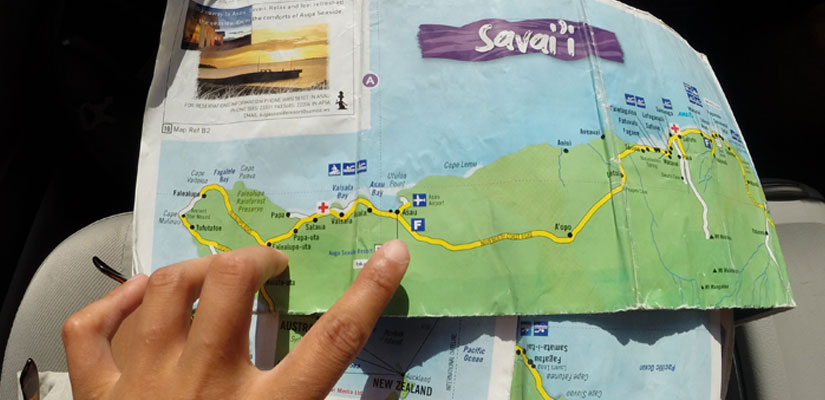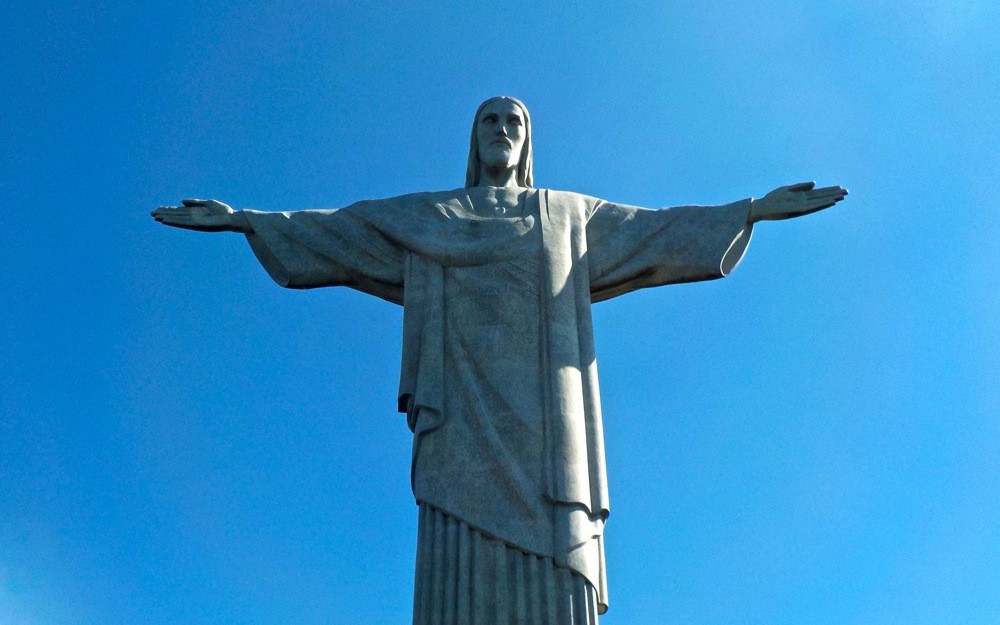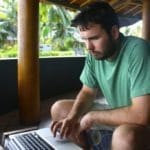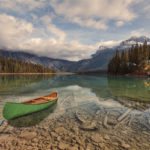So, how do you really get to know a country? The answer is of course largely subjective, however, there are certain factors that will always help or hinder
As Kia and I enter the last few weeks of our big trip, naturally we are wondering how well we have come to know the countries we have visited. Over the last year or so, we have spent anything from just a few hours in a country to over two months and everything in between.
So, how do you really get to know a country? The answer is of course largely subjective, based on personal opinion rather than a delineated system. That said, there are certain factors that will always help or hinder.
Size
The size of a country will of course affect how you travel through it. We spent nearly four weeks in Samoa, which is the country I feel we got to know the most. Usually, I would say that four weeks would never be long enough, but Samoa is made up of two large islands and a handful of smaller ones.
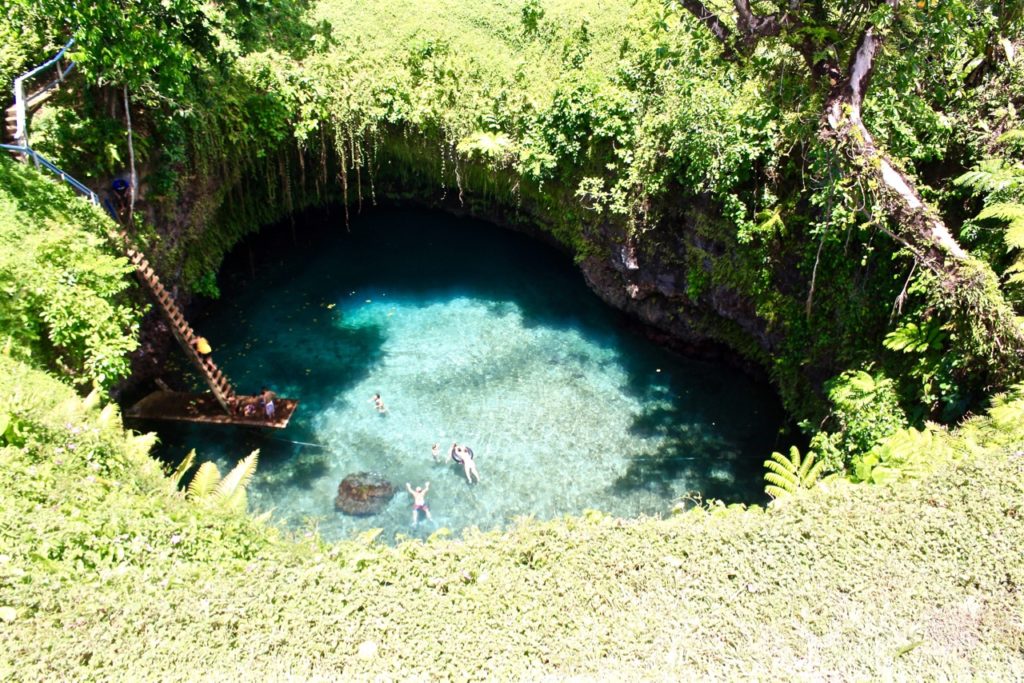
We explored them thoroughly on foot, by car, by bus, by boat and even below the surface. We reached the highest, the lowest, and the furthermost eastern and western points. I’m confident I could draw a fairly accurate map of Samoa. Naturally, the more of a country you see, the more you’ll come to know it.
People
“When you travel, remember that a foreign country is not designed to make you comfortable. It is designed to make its own people comfortable,” said American author Clifton Fadiman.
“When you travel, remember that a foreign country is not designed to make you comfortable. It is designed to make its own people comfortable,”
Clifton Fadiman
The people of a country chiefly define its character and soul. If you really want to get to know a country then you have to get to know its people – often easier said than done. In Samoa, we stayed with local families in their beach fale where we interacted with them every day.
We had meals with our hosts, went to church with them, met their family and even drove their children to school one day. This level of interaction isn’t always available, but sites like HelpX, Homestay and Airbnb will certainly provide a better opportunity than Expedia and its ilk.
Budget
When we arrived in Argentina, we were shocked by how expensive it was and so decided to get around the country as quickly as possible. We made a list of the places we definitely wanted to see and set about seeing them.
We saw car-sized chunks of ice breaking away from a glacier, jagged Andean peaks rising up out of Patagonia, the end of the world (El Fin del Mundo) at Tierra del Fuego and the Paris of Americas in Buenos Aires.
But our budget sadly didn’t stretch to a tango show or drinking with the locals. In this particular case, a bigger budget would have helped deepen the travel experience. In other cases, a small budget can work in the opposite way, forcing you to travel slowly and see more.
Sights
Whether you define sights by landmarks, cities and towns, or landscapes you have visited, seeing them can easily turn into a box-ticking exercise. At times in South America, as our budget and time swiftly dwindled, we were certainly guilty of this.
Iguassu Falls, Christ the Redeemer and Sugarloaf Mountain have been the highlights of our visit to Brazil, but they haven’t told us much about modern Brazil and its people. Making time to see more off-the-beaten sights will help instil an understanding difficult to gain otherwise.
First impressions
First impressions matter. I guess countries can be a lot like people that way. Sometimes you know as soon as you meet someone that they’re going to be a great friend and you will get on like a house on fire.
Other times, you meet someone and you know that by tomorrow you’ll have forgotten his name. Our first impression of Colombia was one of noisy road works and street crime. Conversely, our first impression of Samoa was azure waters and golden sands.
Your impressions can change the longer you spend in a country but, just like people, it’s probably easier to get to know someone if you like them from the off.
Time
It’s logical that the longer you spend somewhere, the more you’ll get to know it. Two months in Tahiti taught us a lot about the local culture, people and history. We were able to meet more people, ask more questions, see more of the land and speak more of the local language.
We stayed with several hosts (one for over a month) who showed us the best places to go, the best views, best food, best swimming and more. We met locals, expats and other travellers alike in the dozens.
One of my favourite experiences was getting (briefly) stranded with our Tahitian neighbour, Michel during an afternoon snorkelling trip, an experience that only came about because of the time we had to make friends and form bonds.
The expat life
In reality, the only way to really get to know a country is to live there. Living and working in a country gives you insights that you simply can’t get from visiting. No matter what your benchmark, it will take time – more than what you can fit into a round-the-world trip or extended vacation.
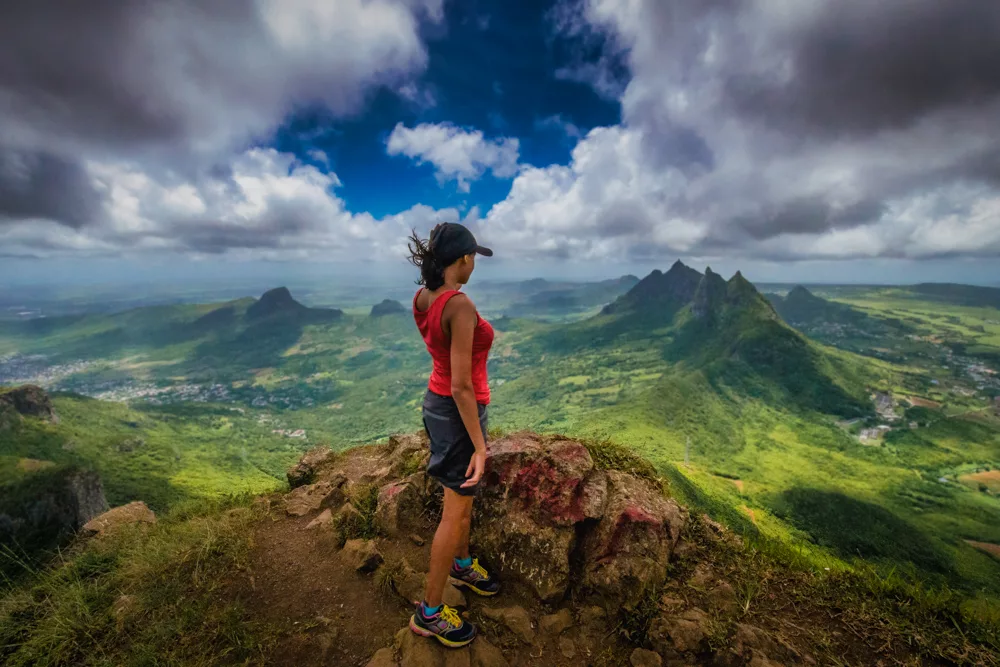
Valentine, a British expat in Brazil told us: “I’ve been here for almost five years now and it’s only really been in the last year and a half that it’s really started to feel like ‘home.”
After our trip, we plan to move to France, so I’ll let you know what I think in summer 2020!
